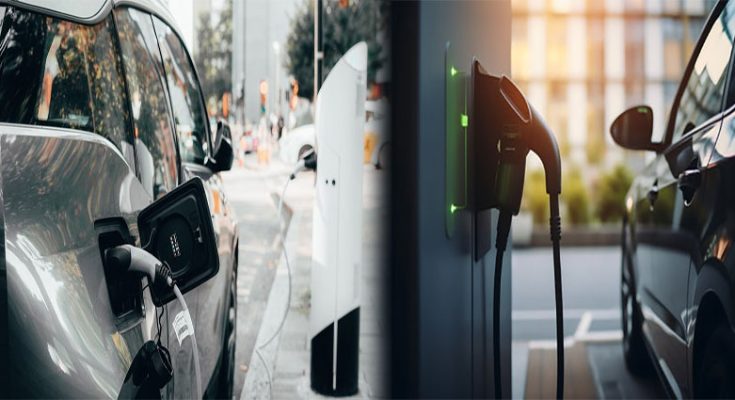As the world shifts towards a more sustainable energy future, the integration of renewable energy sources with electric vehicle (EV) charging infrastructure is crucial for reducing carbon emissions and promoting eco-friendly transportation. While the benefits of this synergy are evident, several challenges must be addressed to fully realize the potential of renewable energy-powered EV charging systems. Let’s explore some of the key obstacles and complexities associated with this integration.
1. Grid Integration and Balancing
One of the primary challenges in integrating renewable energy with EV charging is the intermittent nature of renewable energy sources, such as solar and wind power. Fluctuations in renewable energy generation can pose challenges for grid stability and reliability, particularly when charging multiple EVs simultaneously. Balancing the supply and demand of electricity while ensuring a seamless integration of renewables with EV charging infrastructure requires sophisticated grid management solutions and energy storage technologies.
2. Charging Infrastructure Scalability
The rapid growth of the EV market and the increasing adoption of renewable energy sources necessitate a scalable and robust charging infrastructure. Integrating renewable energy with EV charging systems on a large scale requires significant investments in charging infrastructure, grid upgrades, and technology deployment. Ensuring that charging stations can accommodate the growing demand for EV charging while leveraging renewable energy sources poses a significant challenge for stakeholders in the energy and transportation sectors.
3. Energy Management and Optimization
Optimizing the use of renewable energy for EV charging involves complex energy management strategies that consider factors such as energy supply, demand patterns, grid constraints, and charging preferences of EV owners. Balancing these variables to maximize the utilization of renewable energy while minimizing costs and emissions requires advanced algorithms, smart grid technologies, and data analytics tools. Developing effective energy management solutions that integrate renewable energy with EV charging in real-time remains a key challenge for energy providers and infrastructure operators.
4. Policy and Regulatory Frameworks
The integration of renewable energy with EV charging infrastructure is influenced by policy decisions, regulatory frameworks, and market incentives. Policies that support the deployment of renewable energy, promote the expansion of EV charging networks, and incentivize clean transportation are essential for driving the transition towards sustainable energy systems. However, navigating the complex landscape of regulations, standards, and incentives at the local, regional, and national levels poses challenges for stakeholders seeking to promote renewable energy-powered EV charging solutions.
5. Consumer Behavior and Awareness
Consumer behavior and awareness play a crucial role in the successful integration of renewable energy with EV charging. Educating consumers about the environmental benefits of using renewable energy for charging their EVs, promoting the adoption of smart charging practices, and incentivizing sustainable transportation choices are essential for fostering a culture of clean energy and electric mobility. Overcoming barriers related to consumer perceptions, charging habits, and accessibility to renewable energy sources requires collaborative efforts from industry players, policymakers, and community stakeholders.
Integrating renewable energy with electric vehicle charging presents a promising opportunity to accelerate the transition towards a sustainable and low-carbon transportation sector. However, addressing the challenges associated with grid integration, infrastructure scalability, energy management, policy frameworks, and consumer behavior is essential for unlocking the full potential of this synergy. By collaborating across sectors, leveraging innovative technologies, and fostering a supportive regulatory environment, we can overcome these challenges and pave the way for a future where renewable energy powers clean and efficient electric transportation systems. Embracing the complexities and uncertainties of this integration process is key to realizing the vision of a greener, more sustainable energy ecosystem powered by renewable sources and electric vehicles.





